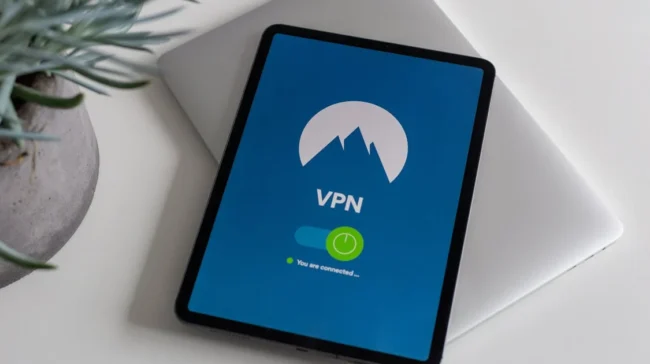
Image Credit: pexels.com
Businesses can utilise SD-WAN’s ability to dynamically route traffic across multiple links to optimise real-time performance. On the other hand, a dedicated IP VPN enables business facilities to establish a safe bridge between two contact points with data encryption and remote accessibility.
Both SD-WAN and dedicated IP VPN play important roles in developing modern network infrastructure as the market adapts to the latest technologies. From a centralised control system managing WAN connections to security measures that protect sensitive information, the combination of these two solutions has the potential to improve network performance significantly.
Understanding SD-WAN and Dedicated Internet VPN
SD-WAN and dedicated Internet VPN have emerged as critical components of a growing network infrastructure through their optimal performance in enhancing security and operational management.
As far as their roles in the adaption and improvisation of businesses are concerned, dedicated internet VPNs have offered secure remote connections and data privacy which allows businesses to conduct operations seamlessly, without any interruption. Meanwhile, SD-WAN solutions offer the required dynamics that respond swiftly to changing business goals without any increase in additional WAN expenses.
SD-WAN and Dedicated Internet VPN
| SD-WAN | Dedicated Internet VPN |
|
|
Impact of SD-WAN and Dedicated Internet VPN Integration
Although both of these network solutions are important in modern businesses, SD-WAN’s capabilities often overshadow the functions of a dedicated IP VPN. Its ability to intelligently route traffic depending on application requirements, load balancing, and alternate path links for emergencies or link failures can be a reason for its superiority.
However, with the integration of SD-WAN and dedicated IP VPN, their assets are amplified, resulting in improved strategic advantages. These include improved performance and scalability amongst others outlined in detail below:
| Impact | Detail |
| Better Network Performance | Integration of SD-WAN and VPN minimises latency in connections. It also reduces packet loss, resulting in faster response time in applications. |
| Enhanced Security | Since dedicated VPNs offer traffic encryption, integration of SD-WAN maximises data confidentiality and privacy while also securing routing systems. |
| Simplified Management | SD-WAN’s centralised control unit streamlines network management, including configurations, monitoring, and troubleshooting operations. |
| Remote and Cloud Adoption | The integration allows businesses to seamlessly access cloud applications and systems. All SaaS platforms, IaaS resources, and even private data centres can be accessed remotely. |
| Digital Readiness | Integration of the two solutions increases the scalability of businesses, allowing their existing systems to utilise cloud migration and expansion. |
Conclusion
According to recent reports, the infrastructure revenue of SD-WAN solutions is expected to grow up to an estimated value of 7.2 billion USD by 2026. However, looking over the results of its combined strengths with dedicated internet VPNs, this estimation can grow further as time progresses. Not only does the integration improve performance in business operations, but it has also enhanced security measures to a great extent. These collective benefits heavily satisfy the market’s ongoing demands, therefore, making it an essential business strategy.




